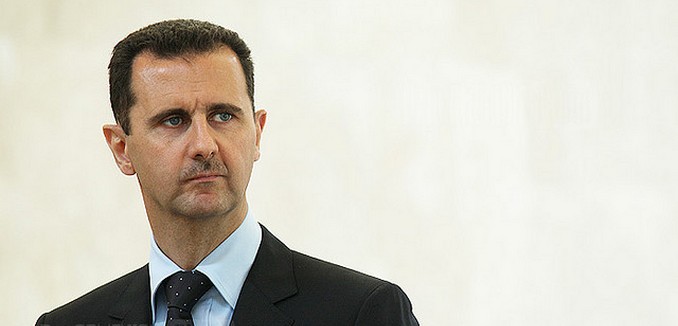The U.S. administration has imposed new sanctions on Syrian regime personnel responsible for stockpiling chemical weapons and ballistic missiles.
The Treasury Department, which is responsible for applying international financial sanctions, named 271 members of the Syrian Scientific Studies and Research Center in one of the largest sanctions lists ever seen.
The U.S. Treasury said the Syrian agency, described as a medical and agricultural study center by the regime, was responsible for developing and producing “non-conventional weapons and the means to deliver them”.
U.S. Treasury Secretary Steven Mnuchin said that the “United States is sending a strong message with this action that we will not tolerate the use of chemical weapons by any actor, and we intend to hold the [Bashar] al-Assad regime accountable for its unacceptable behaviour”.
This is the second time the U.S. Treasury has imposed sanctions on the Syrian regime for using chemical weapons. In January, the Treasury blacklisted 18 Syrians, including six connected to the Scientific Studies and Research Center, after an investigation by the Organisation for the Prohibition of Chemical Weapons (OPCW) concluded that the regime was responsible for three chlorine attacks on civilians.
Responding to the U.S. decision, UK Foreign Secretary Boris Johnson said: “The UK welcomes U.S. action to sanction individuals connected to the use of chemical weapons in Syria.” He added: “Sanctions send a clear signal that actions have consequences and seek to deter others from similar acts of barbarism. We welcome the role sanctions play in increasing pressure on the Syrian regime to turn away from its military campaign.”
Israeli intelligence sources believe that the Syrian regime has only a few tons of chemical weapons left in its arsenal, which it was able to hide in 2013 when it signed the Chemical Weapons Convention and destroyed its chemical weapons arsenal. International observers remain concerned that the regime still has the capacity to produce chemical weapons.
(via BICOM)
[Photo: BICOM ]




